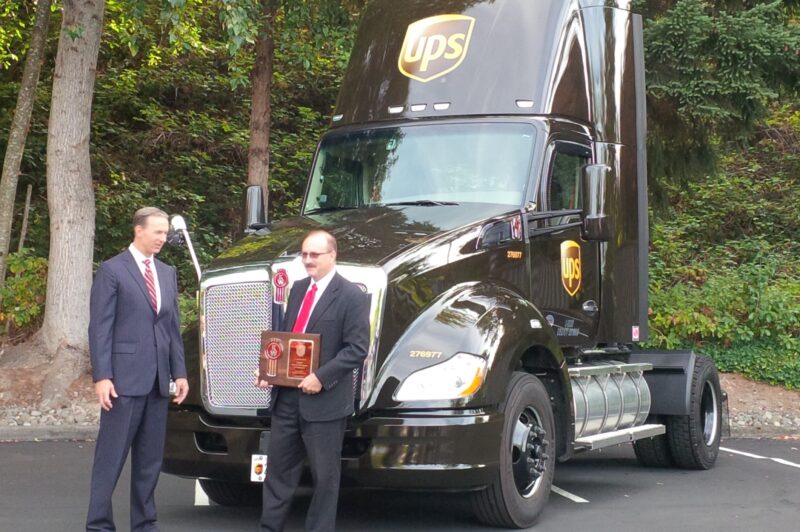U.S.
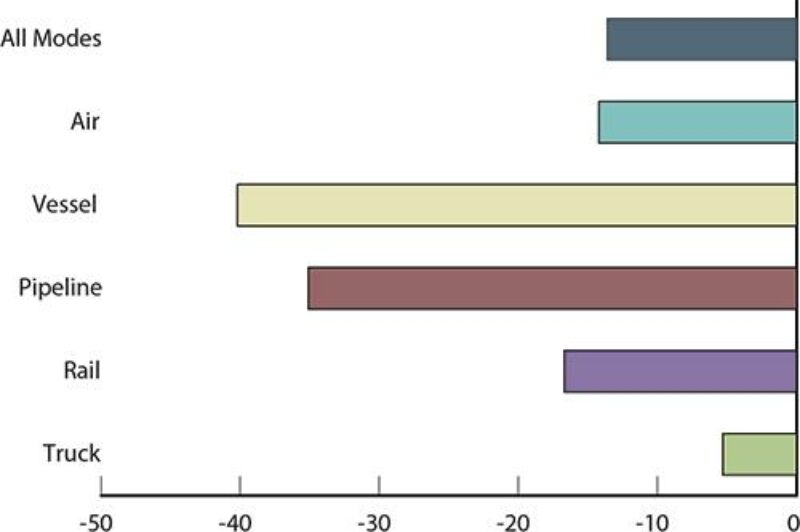
Canada-U.S. Freight Value Falls Nearly 14 Percent
WASHINGTON, D.C. -- The value of freight movements between the U.S. and Canada fell significantly in August, according to a new report. The U.S. Transportation Department reports it totaled US$48 billion in August, down 13.6 percent from August 2014, as all modes of transportation carried less value of U.S.-Canada freight than a year earlier, due to lower mineral fuel prices.
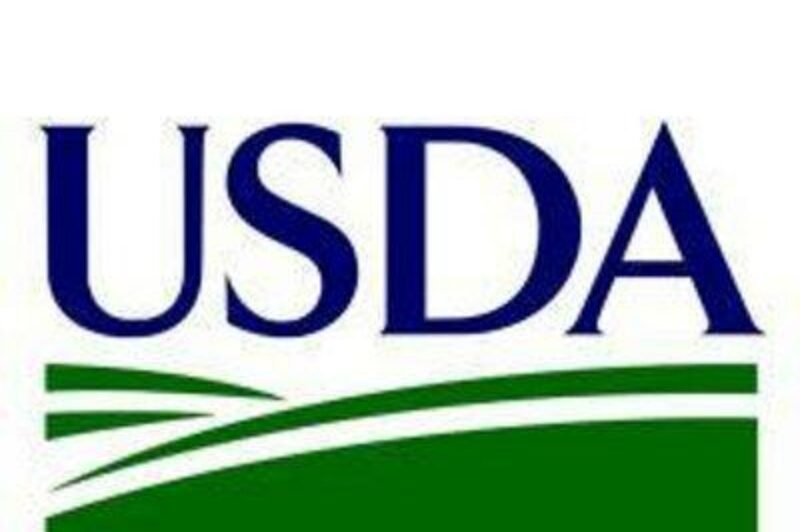
U.S. Increasing Cross-Border Fees for Some Shipments
WASHINGTON, D.C. - The U.S. Department of Agriculture's (USDA) Animal and Plant Health Inspection Service (APHIS) announced it will publish its final rule on Oct. 29 that adjusts the fees the U.S. government charges to recoup the costs of conducting agricultural quarantine inspections (AQI) at U.S. ports of entry for all modes of transportation and many in Canadian trucking are speaking out against the move.
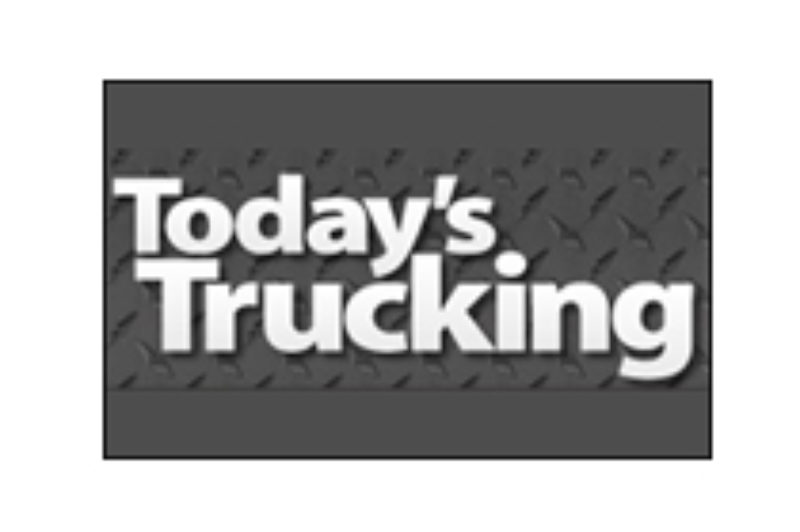
Muslim Truck Drivers Get Award in Religious Discrimination Suit
CHICAGO, IL -- A U.S. federal jury in Peoria, IL has awarded US$240,000 to two Somalian-American Muslims who were fired from their jobs as truck drivers at Star Transport, when they refused to transport alcohol because it violated their religious beliefs. The case was brought on their behalf by the U.S. Equal Employment Opportunity Commission (EEOC), which enforces laws in the country prohibiting employment discrimination.
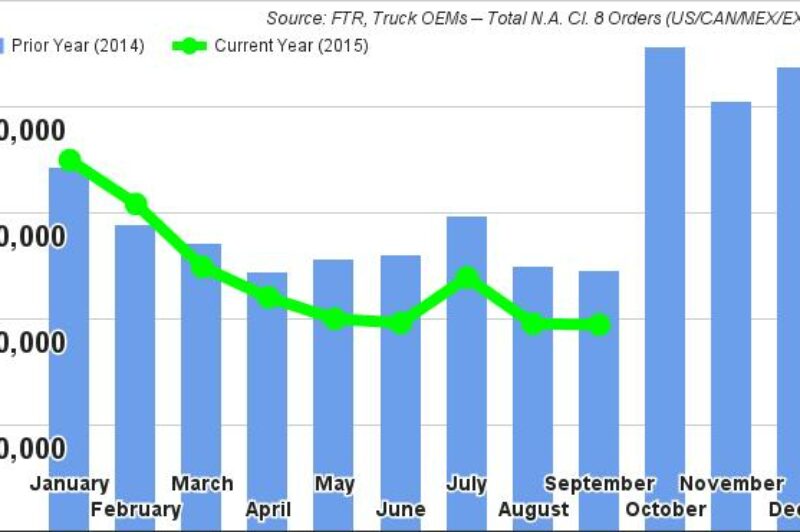
N.A. Big Rig Sales Cool, Still Strong; Medium Duty Jumps
BLOOMINGTON, COLUMBUS, IN -- Two new reports show orders for big rigs in North America have eased a bit as the year gets closer to the end while a separate data shows sales of natural gas powered trucks in the U.S. are down this year from 2015.
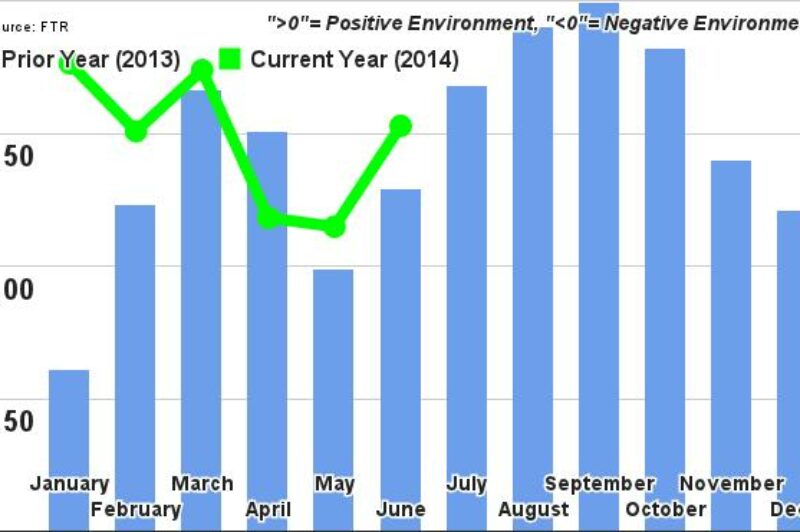
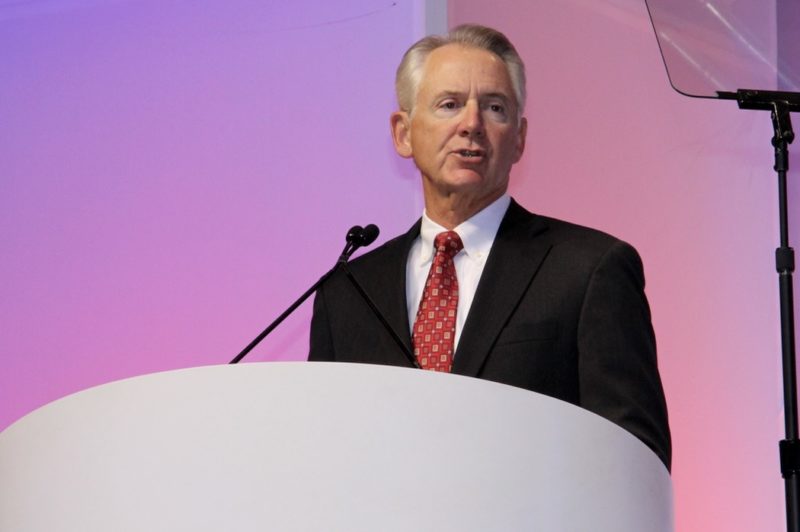
ATA Chief: Trucking ‘Good’ but ‘Not Great’ in U.S.
PHILADELPHIA, PA -- In a speech here at the American Trucking Associations' Management Conference and Exhibition, ATA President and CEO Bill Graves said he saw continued growth for the U.S. trucking industry and strong gains in its agenda, provided lawmakers take action on necessary legislation.
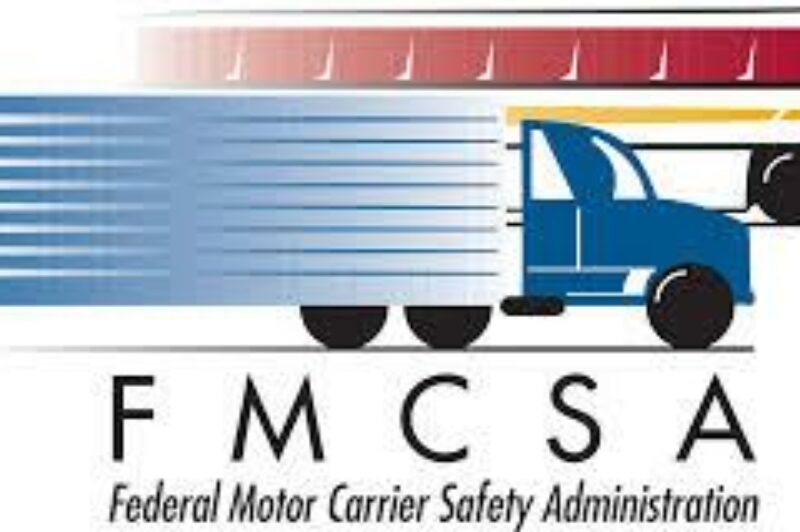
U.S. Trucking Regulators Defend Controversial Safety System
WASHINGTON, D.C. - Federal trucking regulators in the U.S. are defending a key safety system used to identify trucking companies that have a high risk of being in crashes. A new report from the Federal Motor Carrier Safety Administration (FMCSA) has to do with the agency's Safety Measurement System (SMS), rolled out four years ago as part of the Comprehensive Safety Analysis (CSA) program, designed to improve trucking industry safety. According to the agency, the report found that SMS effectively identifies trucking companies involved in 90 percent of the more than 100,000 crashes that occur each year in the U.S., and those that are identified as high-risk carriers continue to have crash rates that are twice the national average. SMS, as well as, CSA, have come under fire by some groups in trucking as well as by certain U.S. lawmakers, claiming the measures often make safe trucking operaitons look bad.
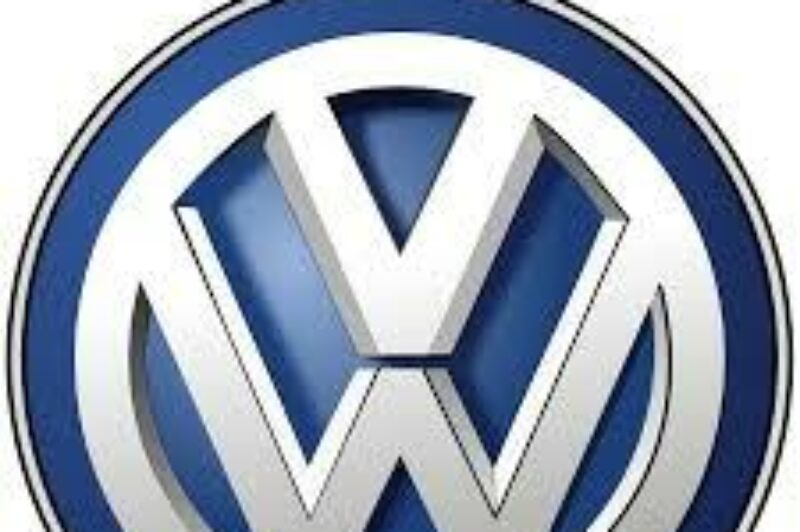
Does VW’s Diesel Fiasco Have Trucking Parallels?
There can't be anyone on the planet who hasn't read or heard at least a few hundred words on the Volkswagen diesel emissions fiasco. But get ready for a few more because this is a story that goes way beyond a very tall company stooping very low to cheat. And it's certainly not just about cars. Those of us in trucking know that only too well.
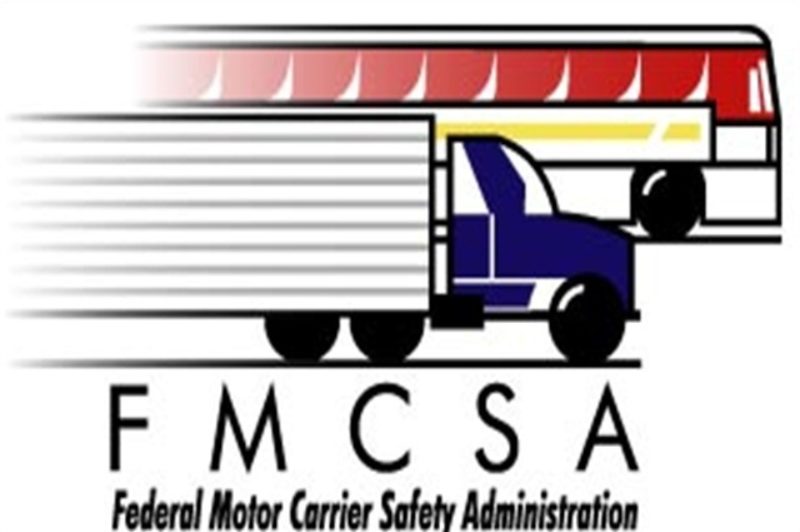
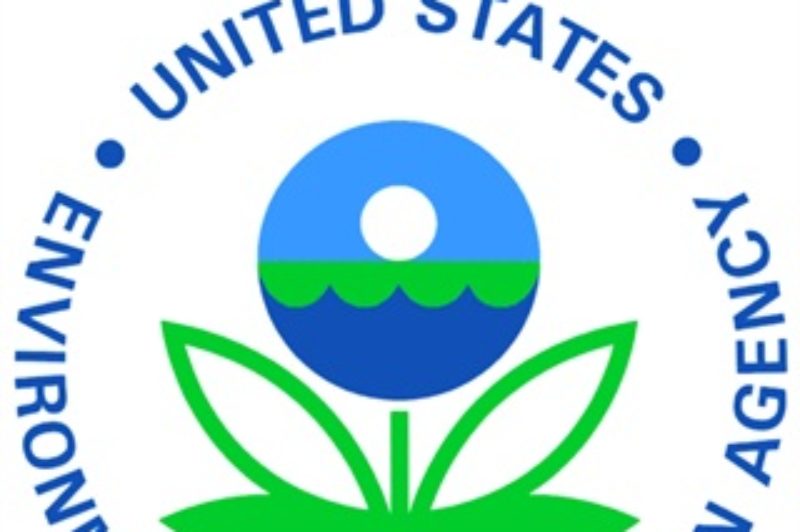
U.S. May Alter Plans for Phase 2 Truck Engine Rules
ORLANDO, FL -- Truck operators and builders are commenting strongly on the proposed Phase 2 Fuel Economy and Greenhouse Gas emissions proposals, and the U.S. Environmental Protection Agency is taking notes and might well make some changes to the lengthy set of rules.
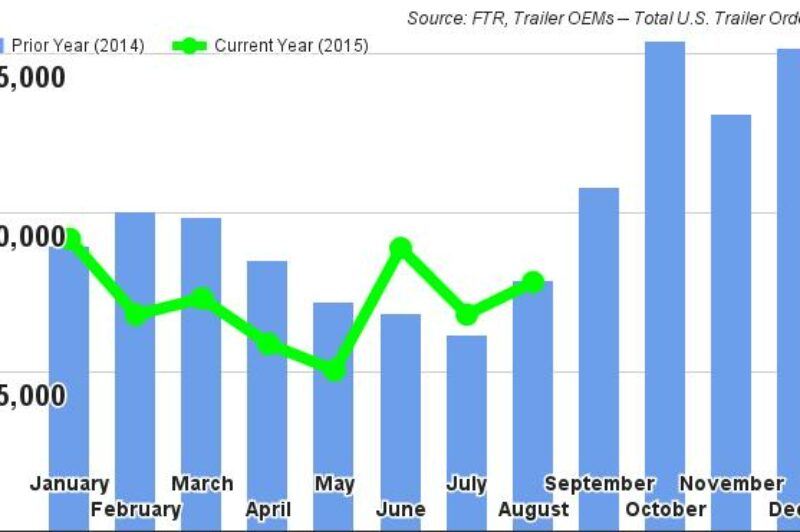
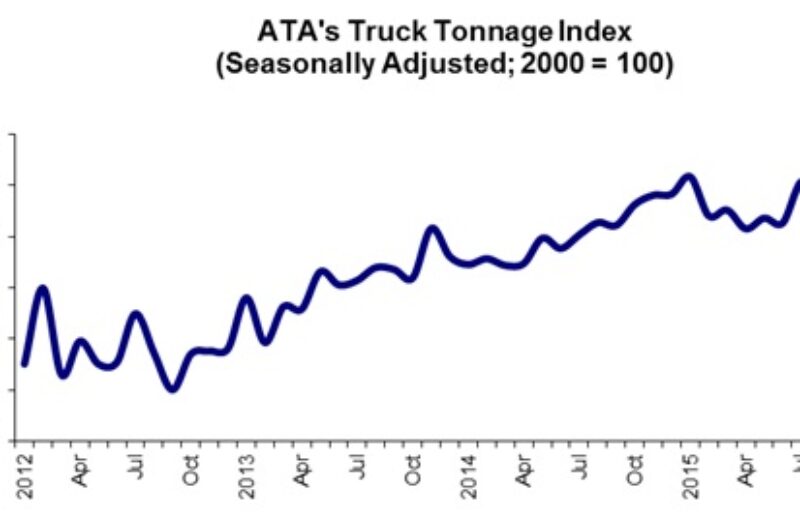
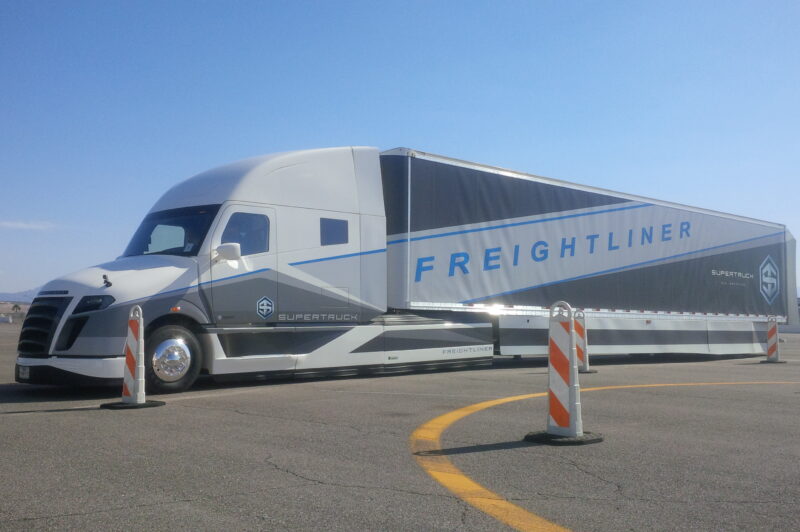
New U.S. Truck Emissions Rules May Be Tougher Than Expected
INDIANAPOLIS, IN - The trucking industry is finally hearing some frank discussion about Phase 2 of the U.S. Environmental Protection Agency's Greenhouse Gas Reduction proposal that Canada is expected to adopt in one form or another. At the FTR Conference in Indianapolis Wednesday, a Daimler Trucks North America regulatory expert told attendees the standards are likely to be much more difficult to meet than originally believed. Amy Kopin, regulatory and compliance program manager, said because of the variations that are inherent in some of the testing procedures, and the lack of reasonable compliance margins, truck and engine makers may need to design products to exceed the rule's requirements just to come in under the compliance margins. "There are all kinds of technical provisions and problems with compliance that EPA has built into Phase 2 that make the rule almost twice as stringent as it should be," Kopin said. "They have made incorrect assumptions with many of their baselines, and they have over-estimated the rate of customer uptake on many technologies as well. These all affect the way equipment makers earn their credits, and because of that, we will have to compensate for those shortfalls in other ways."
